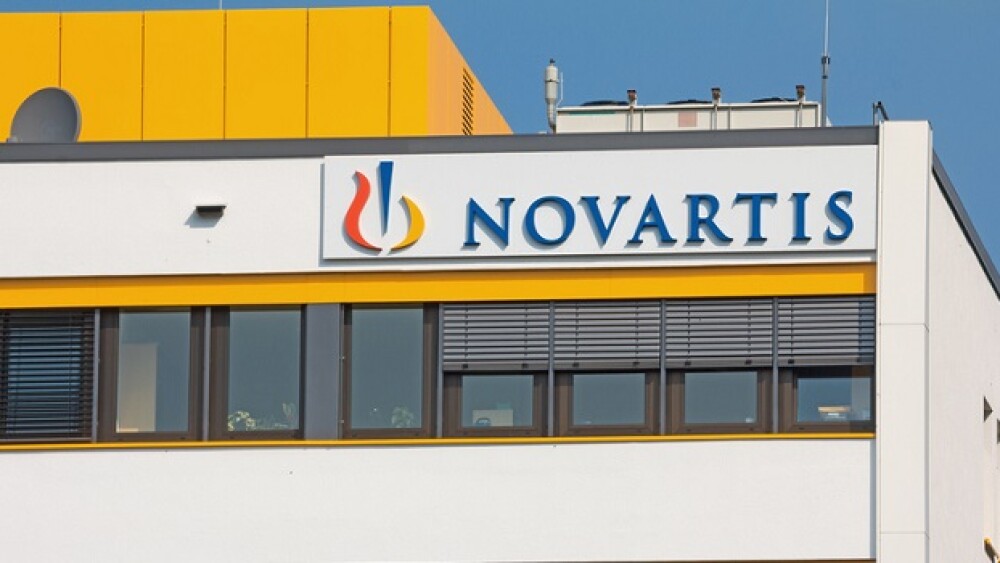The blood test will be available in late 2012 for all Mayo Clinic patients and will be offered through Mayo Medical Laboratories to hospitals and clinics worldwide.
FTD accounts for at least 5 to 10 percent of dementia cases. It is common among patients with early-onset dementia. FTD affects the brain’s frontal lobe, which regulates behavior, movement, mood and language. Most FTD patients are diagnosed when they show changes in personality, loss of memory and ability to use language.
In 2006, researchers at Mayo Clinic published research in Nature that found the mutation of the progranulin gene (PGRN) causes a reduction of the protein progranulin in the brain. Along with other changes, this leads to neuronal death and atrophy of the frontal lobes of the brain, ultimately leading to dementia. Genetic testing is available to find the mutation, but it is costly. In 2009, Mayo Clinic researcher Rosa Rademakers, Ph.D., and colleagues discovered that FTD patients with PRGN mutations showed a reduction in blood progranulin levels compared to controls and FTD patients without PRGN mutations. Based on these findings and using A&G’s proprietary antibody reagents, Mayo researchers developed an easy-to-use, cost-effective blood test for measuring the level of progranulin.
“The progranulin blood test provides an inexpensive tool to identify progranulin mutation carriers in patients with early-onset dementia or asymptomatic relatives of FTD patients,” says Alicia Algeciras-Schimnich, Ph.D., assistant professor of Laboratory Medicine and Pathology at the College of Medicine, Mayo Clinic.
Dr. Ginette Serrero, CEO of A&G Pharmaceutical, states, “A&G has pioneered and patented research investigating expression of progranulin in breast cancer and lung cancer. Research has shown that breast cancer patients have an elevated level of progranulin when compared to healthy individuals. We are delighted that our clinical studies with breast cancer patients and development of progranulin antibodies and assays also will help FTD patients.”
About Progranulin
Progranulin, an 88 kDa cysteine-rich glycoprotein growth and survival factor, is also called GP88, PC cell-derived growth factor (PCDGF), Granulin Precursor, Granulin-Epithelin Precursor (GEP), Epithelin Precursor, Proepithelin (PEPI) or Acrogranin.
About Mayo Clinic Department of Laboratory Medicine and Pathology and Mayo Medical Laboratories
The Department of Laboratory Medicine and Pathology at Mayo Clinic maintains an active diagnostic test development program. This program incorporates Mayo Clinic discoveries and expertise with discoveries from other diagnostic and biotechnology companies and leading academic and research organizations. Mayo uses these proven diagnostic technologies to care for its own patients and offers them to more than 5,000 health care institutions around the world through Mayo Medical Laboratories. Revenue from testing is used to support medical education and research at Mayo Clinic.
About Mayo Clinic
Mayo Clinic is a nonprofit worldwide leader in medical care, research and education for people from all walks of life. For more information, visit www.mayoclinic.org and www.mayoclinic.org/news.
About A&G Pharmaceutical, Inc.
A&G Pharmaceutical discovers, develops, and commercializes innovative personalized medicine products that improve screening, monitoring, and targeted treatment of cancer and other human diseases. A&G has discovered and patented (150 filed patents, 38 issued patents) on its unique biomarker called progranulin or “GP88.” This protein is produced by cancer cells and is required to help the cancer grow and proliferate whereas normal corresponding cells do not produce nor require progranulin. A&G’s Precision Antibody™ service division (www.precisionantibody.com) develops and produces customized antibodies to leading pharmaceutical and biotechnology companies as well as federal laboratories. A&G Pharmaceutical is located in Columbia, Maryland.




